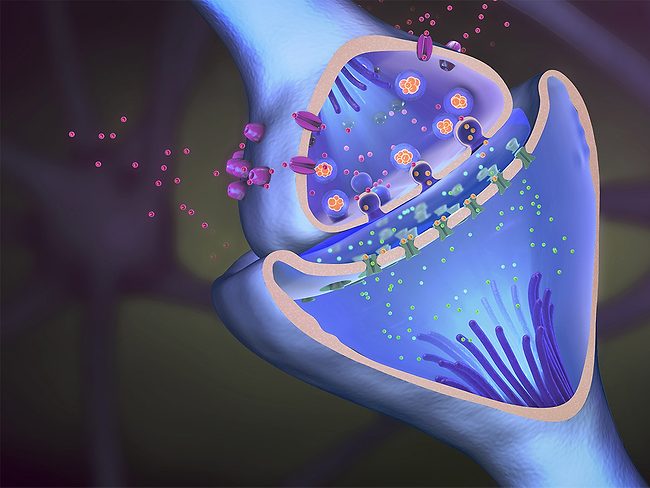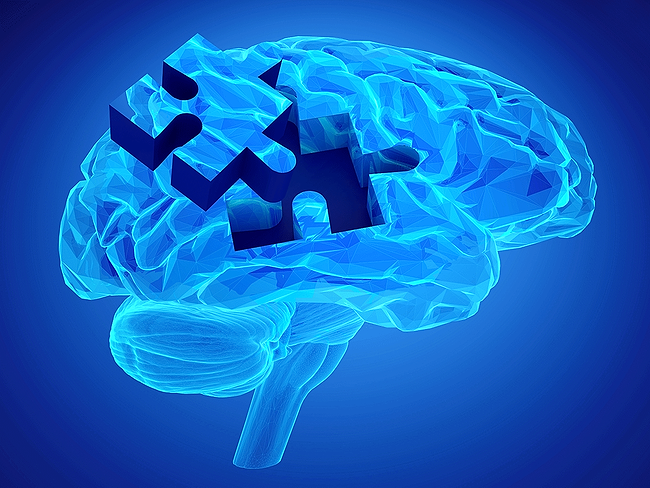
Neurology/psychiatric, BioWorld Science
Neurology/Psychiatric
ASHA-091 restores mitochondrial function in models of neurodegeneration
Read MoreDrug Design, Drug Delivery & Technologies
Sangamo reports primate data with neurotropic AAV capsid variant STAC-BBB
Read MoreNeurology/Psychiatric





